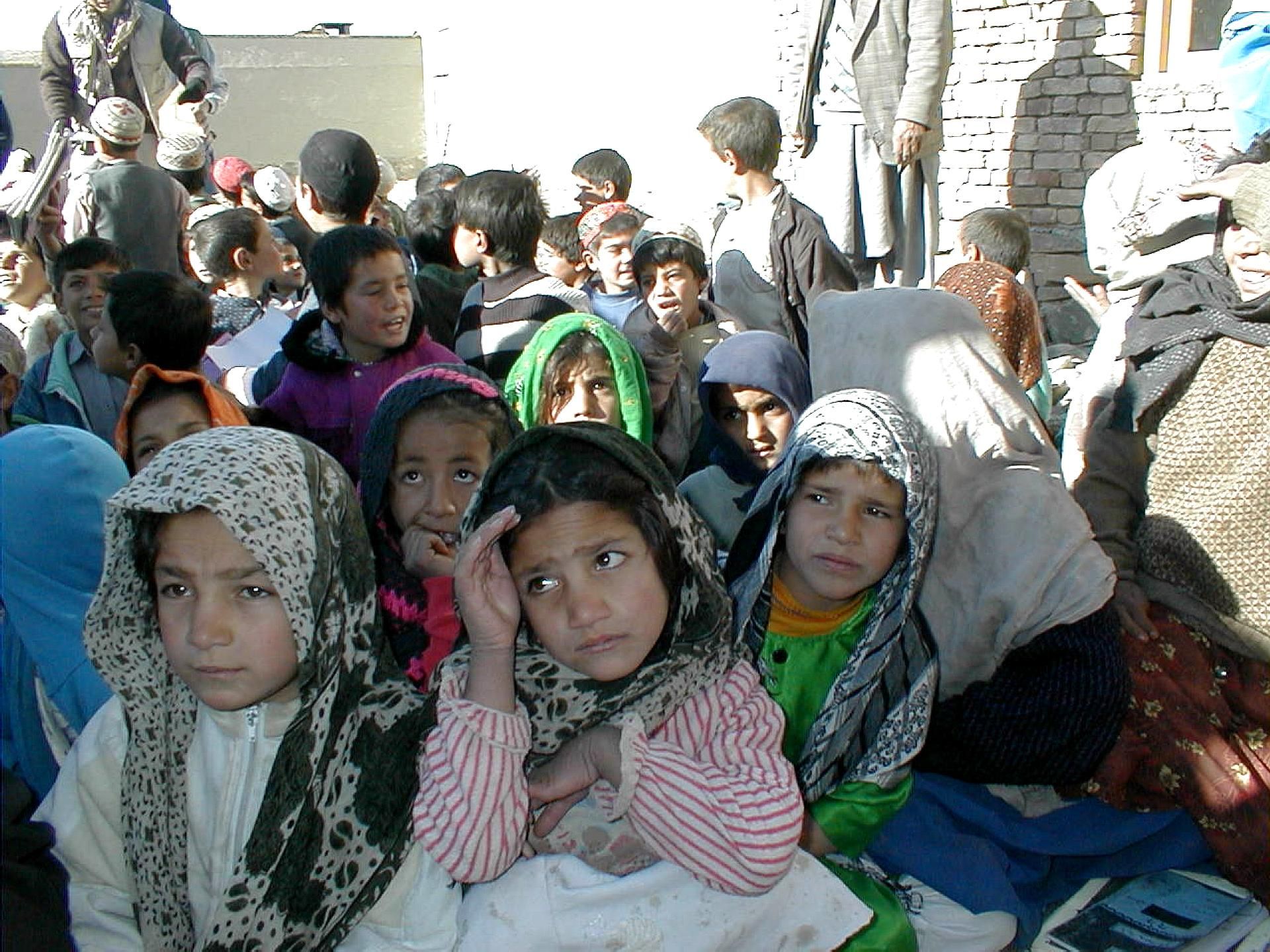In the wake of the Taliban assuming control of Afghanistan, Denmark has pledged to give millions of kroner in aid in a bid to alleviate the burgeoning humanitarian crisis in the country.
According to the Foreign Ministry, 100 million kroner will be earmarked for International Red Cross and UN programs operating in the embattled region.
“Now it’s about saving human lives. We cannot forsake the millions of Afghans who are currently facing a desperate situation,” said the development minister, Flemming Møller Mortensen.
“Like everyone else, I am deeply concerned and shocked about what has transpired in Afghanistan in recent days. Unfortunately, a serious humanitarian crisis is unfolding and the future looks bleak for many Afghans.”
READ ALSO: Denmark ready to evacuate 45 Afghan employees along with their families
“A catastrophe”
An estimated 5 million people are currently internally displaced in Afghanistan and the ongoing crisis is expected by the UNHCR to generate 500,000 more.
Yesterday, PM Mette Frederiksen described the situation as being “not just serious, but catastrophic”.
And as many questions regarding how the many years of training of government troops could yield such a massive and swift capitulation, Frederiksen remained adamant that Denmark and the coalition’s efforts in the country had not been in vain.
She also underlined that Denmark was working to evacuate all Danes and Afghans who have helped the Danish troops over the years. But the situation is dire.
“During my time – and I’ve endured quite a bit as PM – I’ve not experienced anything like the crisis we are currently facing,” Frederiksen said.














